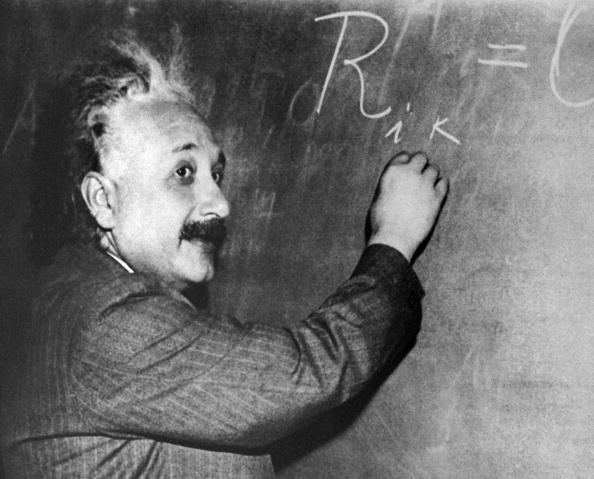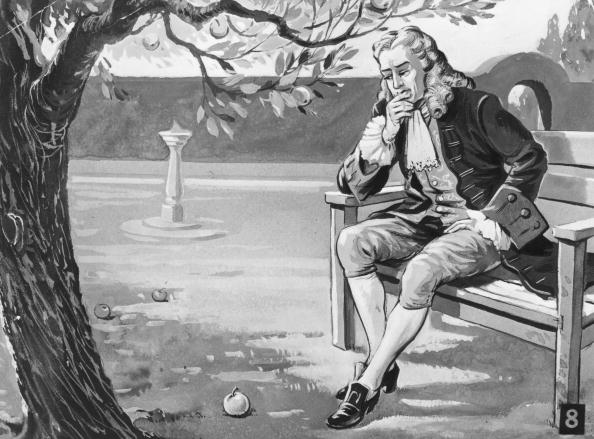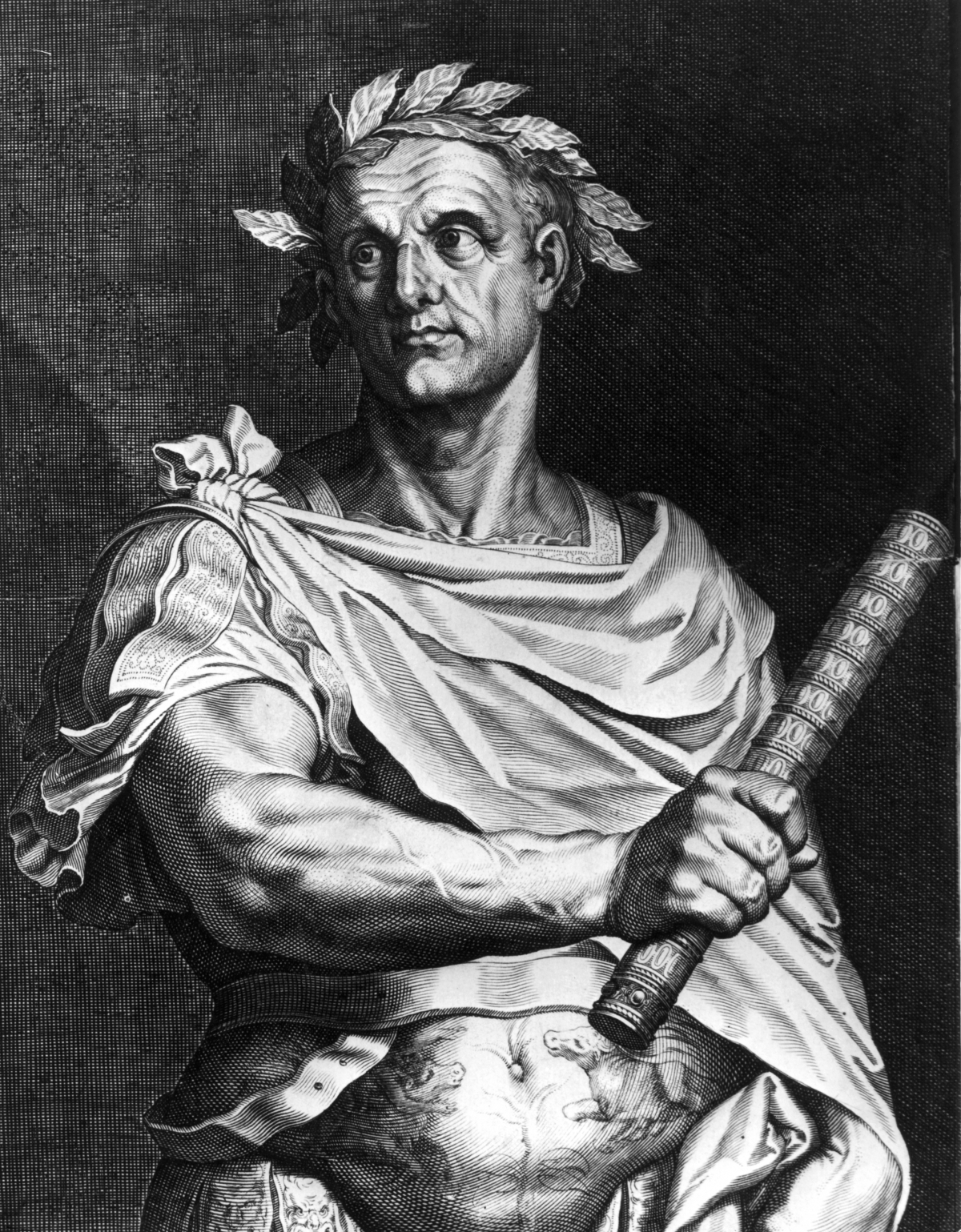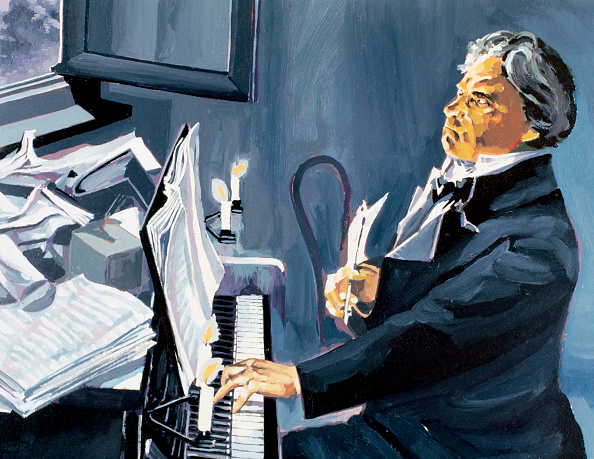 Einstein showed several signs of Asperger's syndrome, scientists sayGetty Images
Einstein showed several signs of Asperger's syndrome, scientists sayGetty ImagesSome famous people from the past were diagnosed posthumously, and in most cases, this "diagnosis" is still only a guess on scientists' part.
Indeed, they do not have access to sufficient medical data and can only rely on historical sources, accounts from the period and testimonies of witnesses. In many cases, these people lived at a time when their condition was unknown and/or not officially diagnosed.
Yet, there is now a form of consensus in the scientific community about the following historical figures.
Albert Einstein & Isaac Newton
Albert Einstein, like fellow scientist Isaac Newton, is often described as having been on the autistic spectrum, and in particular, of having suffered from Asperger's syndrome.
The most significant study published about these two men was written by scientists from Oxford and Cambridge University in 2003 analysed the personality traits of both men of science, showing they displayed three symptoms of Asperger syndrome. Limited but obsessive interests, difficulties to communicate with others and problems with social interactions and relationships in general.
Asperger's syndrome is defined by the National Autistic Society "as a lifelong developmental disability that affects how people perceive the world and interact with others".
Unlike other autistic conditions, people with Asperger's tend not to have learning disabilities but they do have a number of specific learning difficulties. Speech is usually less of a problem for them but they may still have difficulties with understanding and processing language.

Julius Caesar
Many texts have been written about the actions of the great Julius Caesar by his contemporaries. Some mention in passing that Rome's dictator in perpetuity suffered from mysterious affliction in the years preceding his assassination – which left him weak and in some instances, unable to participate in battle.

Based on these sources, scientists believe Caesar has epileptic seizures at least on four recorded occasions: while listening to an oration by Cicero, in the Senate while being offered the Emperor's Crown, and during military campaigns in Thapsus and in Cordoba (the one detailed by Plutarch).
However, a recent study in Neurological Sciences indicated another explanation could be possible. Julius Caesar could have suffered from a a series of "mini-strokes" in the last years of his life, which damaged his health and mental well-being.
Joan of Arc
Joan of Arc remains one of the most fascinating figure in all of European Medieval history and much has been written about her "visions" and the "voices" of God and angels which she claimed to have heard and which brought her to her tragic end on the stake.
Other studies have hypothesised that she suffered from schizophrenia, a psychiatric disorder. The American Psychiatric Association's Diagnostic Manual criteria for the diagnosis of schizophrenia states that "the most prominent characteristics of the disease are hallucinations, delusions, and disorganization, which may lead to dangerous or bizarre behaviour".
So the definition of schizophrenia certainly fits with her visions and voices and the fact it led her on a grandiose, yet somewhat dangerous path.
Ludwig Van Beethoven
One of the most famous composer of all times potentially suffered from bipolar disorder. Beethoven left us some of the world's most beautiful symphony but he infamously became deaf at the age of 28, preventing him from listening to his dear music.
Beethoven is though to have suffered from a severe depression, which may have led him to turn to alcohol. Less known is the fact his impressive creativity was triggered by a drive and an energy that is actually more consistent with someone afflicted by bipolar disorder rather than by depression alone. At times, the composer was suicidal, at others he was hypomanic — in a state of complete euphoria, he could compose several different works simultaneously.
0 Response to "Joan of Arc, Julius Caesar and Beethoven: Meet historic figures with modern disorders"
Post a Comment